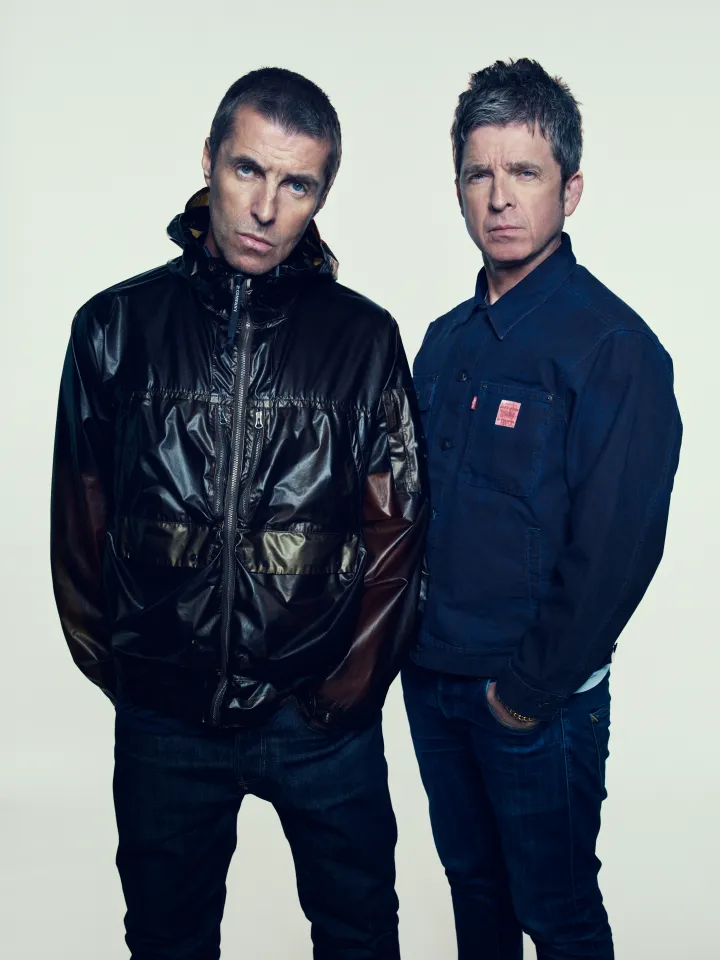
Artificial intelligence is no longer a distant dream whispered about in tech circles—it’s the pulse of our present and the blueprint of our future. The world’s most powerful technology companies—Google, Apple, Microsoft, Amazon, Meta, and others—are quietly and rapidly rewriting the rules of how we live, work, and even think. What they’re building right now will not just enhance our lives; it will redefine human existence as we know it. But behind every innovation, there’s a shift in control, influence, and power—one that deserves our attention.
Imagine waking up in a world where your personal assistant doesn’t just follow commands but predicts your every need. Google’s DeepMind, for instance, is developing AI models capable of reasoning, planning, and learning independently. It’s not just about answering your questions; it’s about anticipating your desires, shaping your preferences, and influencing your decisions. These AI systems learn from your habits, your choices, and even your emotions. Over time, they begin to understand you better than you understand yourself—and that’s where the transformation begins.
Microsoft, in partnership with OpenAI, is integrating artificial intelligence into nearly every corner of the digital experience—from workplace tools like Copilot to advanced data analysis that can predict outcomes before they happen. Businesses that adapt will thrive in ways unimaginable, while those that don’t may fade into irrelevance. Apple, on the other hand, is fusing AI with human experience in subtle yet profound ways—through wearable technology that tracks not just your health, but your emotional state, using AI to guide your behavior toward “optimal well-being.” What sounds like empowerment may soon blur the line between choice and control.
Meta is already deep into the next digital frontier—the metaverse. Combined with AI, this isn’t just a virtual world for entertainment; it’s a new economy, a new society, and potentially a new identity system. When AI begins to design the environments we live and interact in, reality itself becomes programmable. Meanwhile, Amazon is reimagining how we consume and connect—its AI doesn’t just recommend what to buy; it’s learning how to predict what you will buy, reshaping the psychology of shopping and human behavior itself.
These innovations are thrilling, no doubt. They hold the promise of curing diseases, ending poverty, and creating global connectivity like never before. But they also raise the question: who owns the intelligence that drives our world? When machines can learn faster than we can, when data becomes the new currency, and when every move we make feeds an algorithm—humanity stands at a crossroad. Will AI liberate us, or will it quietly bind us to the systems we created?
The warning is clear: what’s coming next isn’t just an upgrade—it’s a transformation. The plans of today’s tech giants will shape the economy, redefine privacy, and alter the meaning of work, creativity, and even consciousness itself. The world you know is already changing—and soon, it may not just be technology adapting to humanity, but humanity adapting to technology.
The future isn’t waiting for permission. It’s unfolding right now, line by line, algorithm by algorithm. The question is—are you ready for it?



